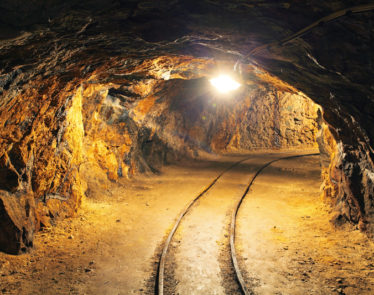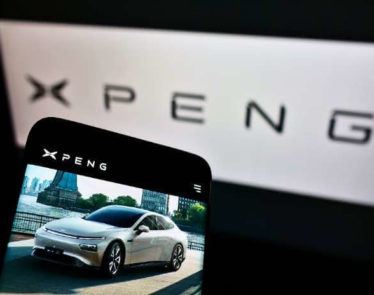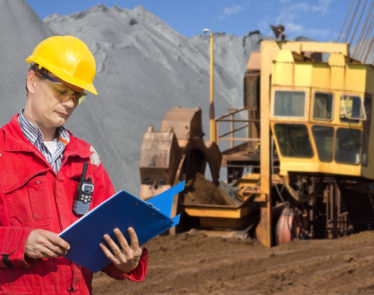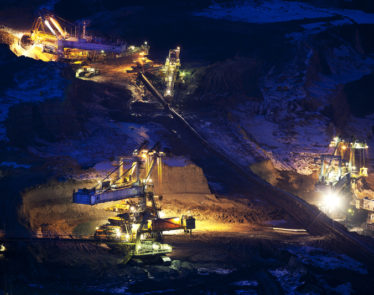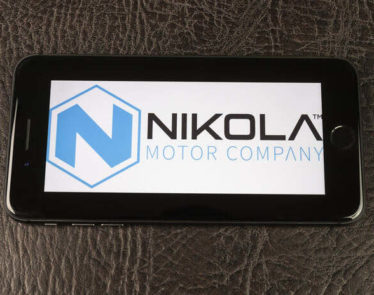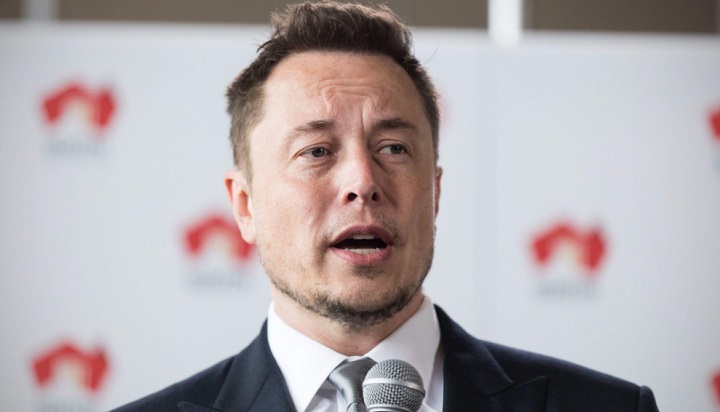
Elon Musk, current CEO and co-founder of Tesla (NASDAQ:$TSLA), has just announced that his electric vehicle company will be partnering with French energy utility Neoen (traded privately) to construct the world’s largest lithium-ion battery. The battery is being created to store renewable energy in South Australia.
The project includes 129-megawatt hours battery as well as a wind farm. Its main goal is to help South Australia gain a more steady electricity supply, having been largely affected by several outages thanks to heat waves and storms. An eight-hour blackout last year damaged entire industries and caused public outrage.
The project was confirmed on July 7 by South Australia’s premier Jay Weatherill. It will play a large part in the $550 million plan issued by the government. In a tweet today, Musk also gave a confirmation, saying, “This will be the highest power battery system in the world by a factor of 3. Australia rocks!!”
While Musk has met the project with enthusiasm, it is certainly a high-pressure and intense endeavor. However, to stress his confidence even more regarding Tesla’s belief that the project will largely solve South Australia’s electricity supply problems, Musk had tweeted back in March that, “Tesla will get the system installed and working 100 days from contract signature or it is free. That serious enough for you?”
Later, when inquired about the project and the self-imposed deadline, Musk said, “If South Australia is willing to take a big risk, then so are we.” If the battery isn’t installed within 100 days, it will cost Musk and his company more than $50 million. With the Tesla’s stocks down, an unsuccessful construction within 100 days will surely affect Tesla even more.
The project is now expected to be completed by December thanks to the contract signatures that happened recently and Musk’s 100-day-to-completion-or-it’s-free promise. Once built, it is projected that the battery can power around 30,000 homes — three times more than world’s current most powerful battery system, according to Tesla.
As well, during construction, many local jobs are projected to be created. There will also be a few long-term positions to operate the system despite being designed to be self-sustaining.
Tesla recently completed a similar project: an 80MWh grid-scale battery farm in southern California. The project was done within 90 days, and costed around $100 million.
Featured Image: twitter





